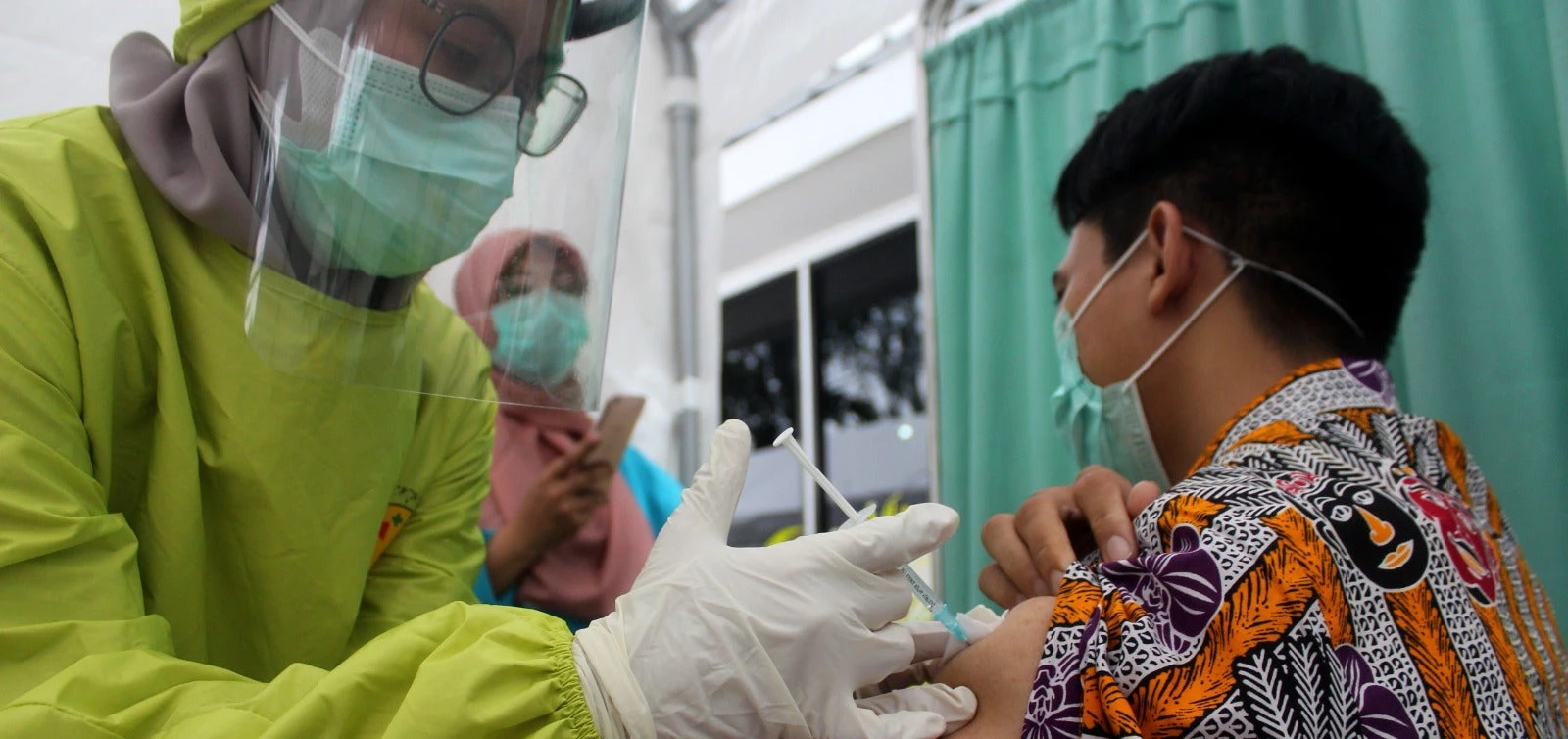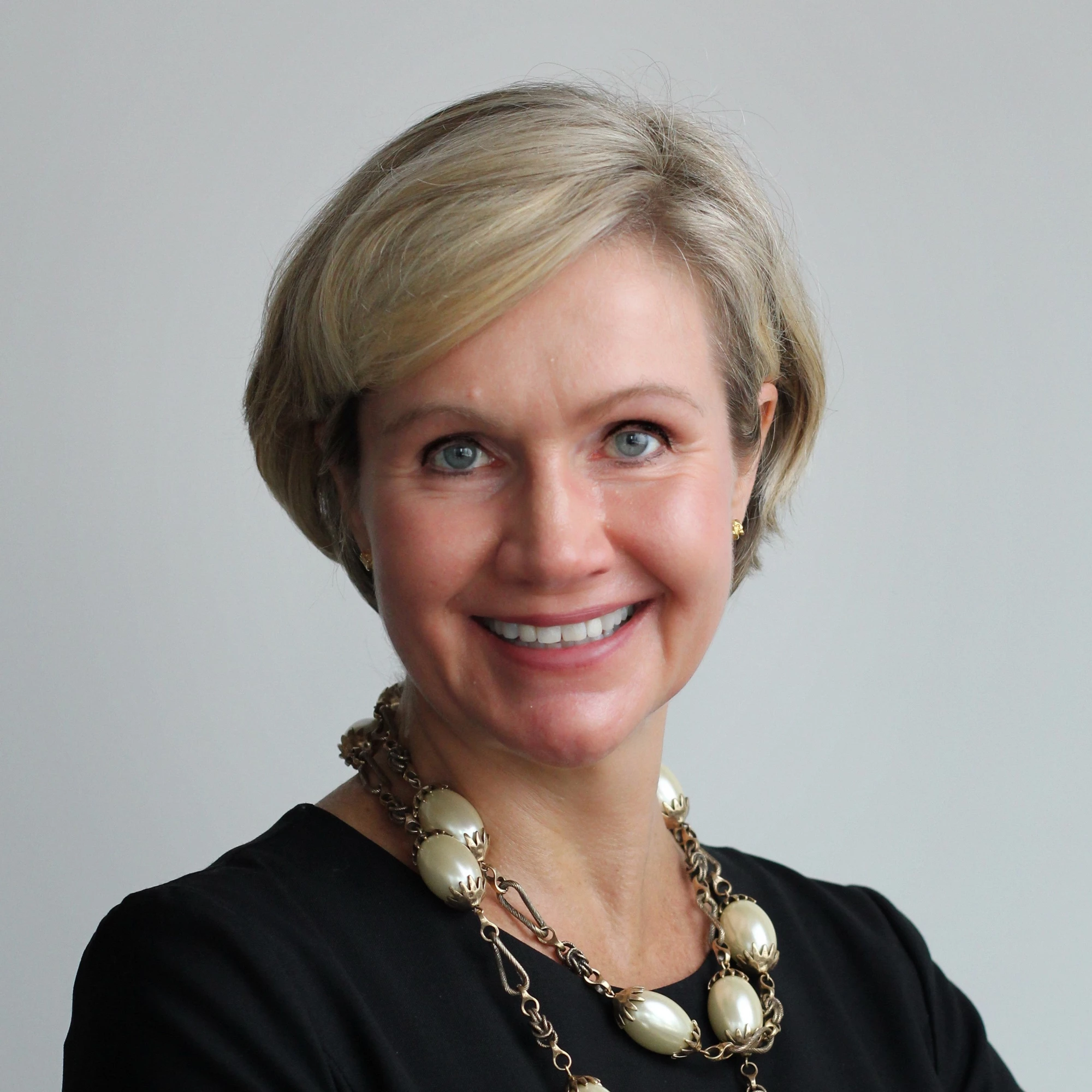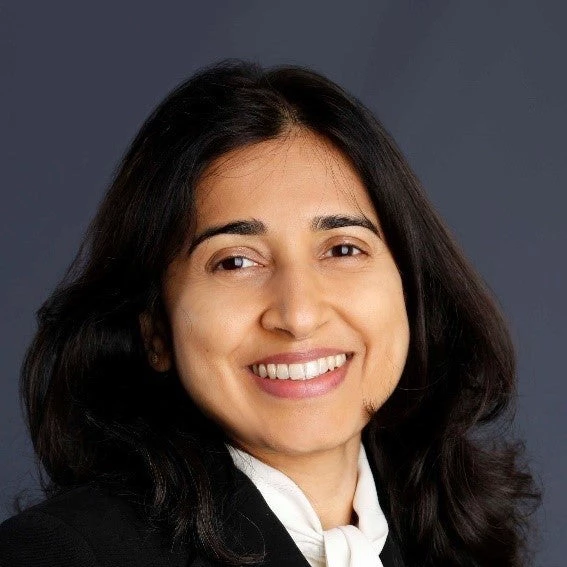 Indonesia passes 100 Million COVID vaccine doses
Indonesia passes 100 Million COVID vaccine doses
On the 31st of August, Indonesia gave its 100 millionth dose of COVID-19 vaccine – a major milestone for one of the most COVID-affected countries in the world with about 270 million people and a challenging archipelagic geography. Indonesia is now one of only seven countries to have achieved the feat.
The Indonesian Government deserves recognition. It has successfully coordinated health resources across the country and has allocated US$14.9 billion to its health sector response so far. Indonesia was also one of the first countries in the world to announce free COVID-19 vaccinations for its adult population. The Indonesian vaccination program recently expanded to include the 12-17 year-old age group and is currently administering over 1.2 million doses a day, nearly a 10-fold increase since mid-May 2021. While still a way to go, the Government is ambitious and pushing for full country-wide vaccination in the first quarter of 2022.
We would like to share two valuable insights which we believe have helped Indonesia get to this position.
Timely and decisive action – Indonesia recognized the importance of timely vaccination to mitigate the impact of the pandemic and worked rapidly to procure sufficient vaccines for its population as soon as they became available . While the global vaccine shortage has become a major issue for other countries, Indonesia has been able to secure steady supplies and significantly increase its vaccination program.
Adaptive, adequate, and flexible financing – Coordinating resources to fight a pandemic is expensive, complex, and dynamic, as priorities keep shifting. The government has made significant commitments to the health sector, for economic recovery, and towards the social impact mitigation, amounting to over US$50 billion so far. This commitment has been secured from the government budget through reprioritization, and also by mobilizing external resources.
The World Bank was the first institution to offer emergency financing for Indonesia’s COVID-19 response in early March 2020. At the government’s request, the financing was channeled through an innovative Program for Results operation ; possibly the first time this has been used in an emergency setting anywhere in the world. This financing model has offered greater flexibility in how results are reached, while ensuring spending is appropriately prioritized and accountable. This approach has delivered strong targeted results for Indonesia’s health system, particularly the emergency readiness capability of its hospitals, and the delivery of its vaccination program.
While the 100 million doses mark is well worth acknowledging, it is also important to recognize that reaching the remaining population is perhaps the biggest challenge yet. For example, there are remote parts of the country that have remained at lower levels of vaccination, and misinformation and hesitancy are still deterring people from getting their shots.
The World Bank will continue providing technical support to Indonesian health officials as they address these challenges. Partnerships with the Asian Infrastructure Investment Bank, KfW, the Government of Australia, and the Gates Foundation have been crucial to success, as has the willingness of other bilateral partners and UN agencies to work in close coordination. The World Bank also continues supporting Indonesia’s COVID-19 emergency response in a range of ways, including enhancing social assistance and strengthening the resilience of the financial sector.
This pandemic has touched us all over the past 18 months. One thing it has highlighted to us is the power of partnership; people working together for a common cause. 100 million doses is a notable milestone and could not have been achieved without incredibly hard work by teams and communities across Indonesia. Of course, there is still much more to be done, but we remain confident we will overcome the challenges together. Berat sama dipikul ringan sama dijinjing!



Join the Conversation